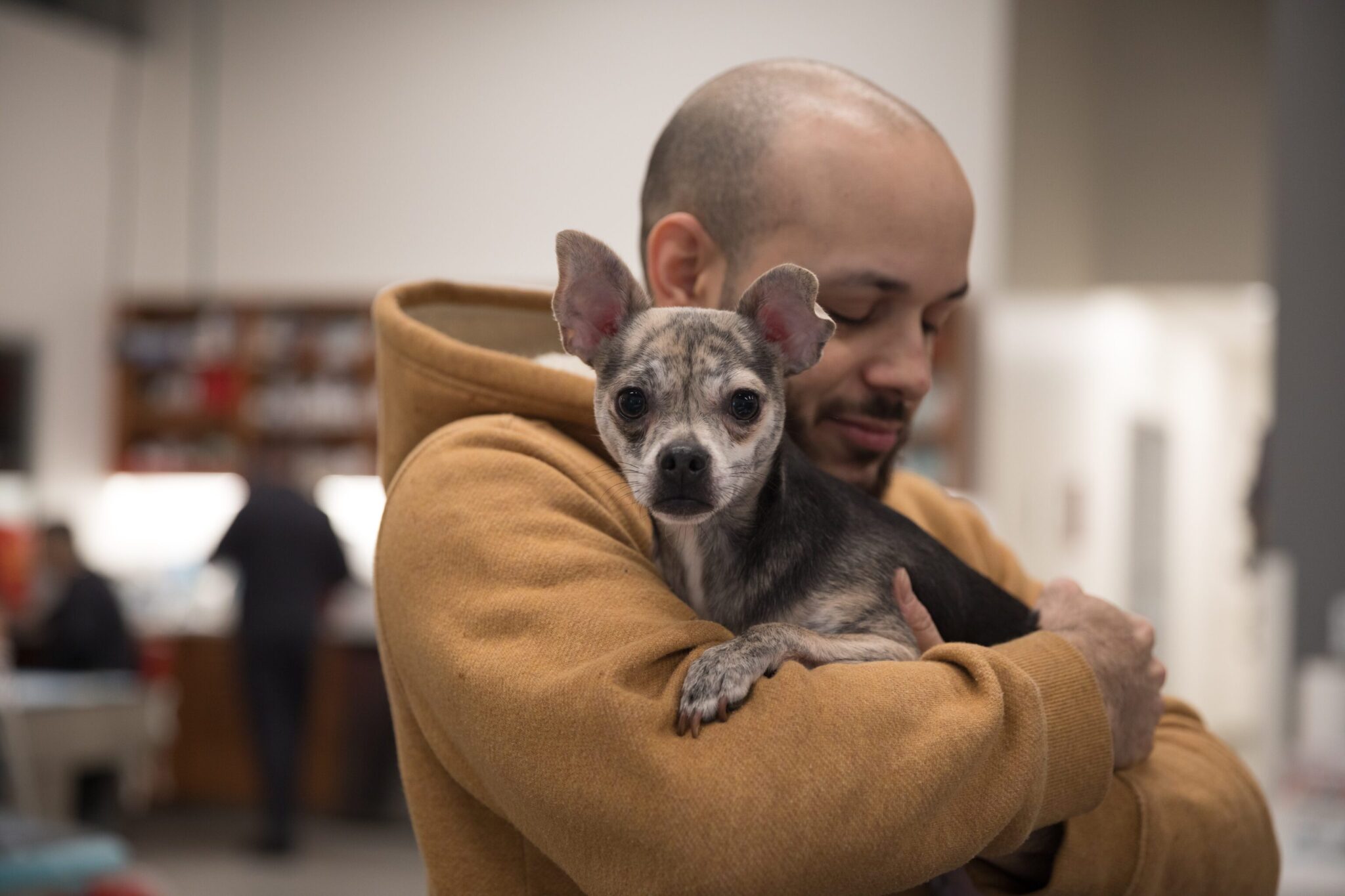
Why is My Dog Not Eating?
Dr. Pansy Suzuki
Call & Speak with a doctor Open 24/7, Even Holidays!
Walk in today for:
Emergencies
Point-of-Care Ultrasound
Urgent Care
X-Rays
Diagnostics + Testing
End-of-Life Care
Surgery
Treatment + Hospitalization
Has your dog stopped eating suddenly? Are you worried about what could be causing her to avoid her food? Have you tried everything, including her favorite treats, with no luck? This problem is not uncommon, and if you’re dealing with this issue in your dog, you’ve come to the right place.
In the article below, you’ll find a list of potential reasons why your dog may not be interested in her food. You can use this guide to narrow down the possibilities and get some guidance on what may be wrong with your pet. You can also use this as a guide to decide when and if you need to see your veterinarian. Read on to find out more!
Mild Causes
Listed below are mild causes why your dog isn’t eating:
Food Change
One of the most common and least concerning causes of a loss of appetite in dogs is a change of food or treats. If you have suddenly changed your dog’s food brand, blend, or flavor, or if you’ve started giving her different treats than she’s used to, then she might not be interested in the new food for a while.
The best method for changing your dog’s food to a new type is to slowly mix in a little bit at a time, increasing every couple of days until she is eating only the new food and none of the old.
Stomach Upset
Stomach upset can be caused by a wide range of problems, and sometimes it is caused by nothing really at all. If your dog has a minor upset stomach, she may lose her appetite for a day or two. This is normal, and it is typically nothing to worry about if her appetite returns after a couple of days. If your dog continues to have no appetite after about 48 hours, or if her appetite loss comes and goes very frequently, then you should probably take her to the veterinarian to be checked out.
Moderate Causes
Listed below are the moderate causes:
Pain
Pain is a moderate, general cause that may contribute to a loss of appetite in your dog. If your dog has any type of pain—from arthritis to dental pain and everything in between—she may stop eating temporarily because it is uncomfortable for her to try. Dogs who are in pain from dental issues or from a sore throat may not feel like chewing or swallowing food. Dogs in pain from other sources may feel nauseated or simply unwell.
Illness
Most types of canine illness cause a loss of appetite. Dogs may stop eating for a while if they have any type of illness, including common respiratory problems, stomach bugs, and more. Chronic and terminal illnesses may also lead to longer-term trouble eating.
On the other hand, some dogs may also be sick if they have excessive appetites but lose a lot of weight anyway. This can be an indicator of certain types of cancers as well as hyperthyroidism. Take your dog to the vet if she has any changes in her eating behavior that last for more than a couple of days.
Severe Causes
Listed below are the severe causes to look out for:
Intestinal Blockage
One of the more serious potential causes of a loss of appetite in dogs is intestinal blockage. If your dog swallows a foreign object that becomes lodged somewhere in the digestive system, it may cause an intestinal blockage that can become fatal if left untreated.
If your dog is vomiting blood or stool, or if she has severe pain when her abdomen is touched, you should take her to the emergency vet right away. Surgery may be warranted in these cases.
End of Life
Sadly, one of the signs that a dog is nearing the end of her life is a loss of appetite. If you have a senior dog who has stopped showing much interest in food or water, and especially if she has known underlying health problems already, there is a chance that she is at the end of her life that may be affecting her appetite. If you know or strongly suspect this might be the case, contact your veterinarian to discuss quality of life/euthanasia.
Contact VEG if You Have Concerns About Your Dog Not Eating
Many of the potential causes of appetite loss in dogs are mild to moderate. Although they do still need attention from the vet in most cases, they are not anything too serious. However, since some potential causes are very severe, it is important to work with your vet to find the right diagnosis in a timely fashion.
Your vet will perform a variety of tests and blood work to determine your dog’s diagnosis. From there, the vet will help you choose the right treatment or management, or help you decide on other options instead.
For more information contact VEG by calling one our locations. At every VEG location, our emergency veterinarians are available 7 days a week and are fully equipped to help find the underlying reason why your dog ins’t eating. We’ll work with you on the best treatment plan to make sure your dog gets the amount of food they need to stay healthy.

